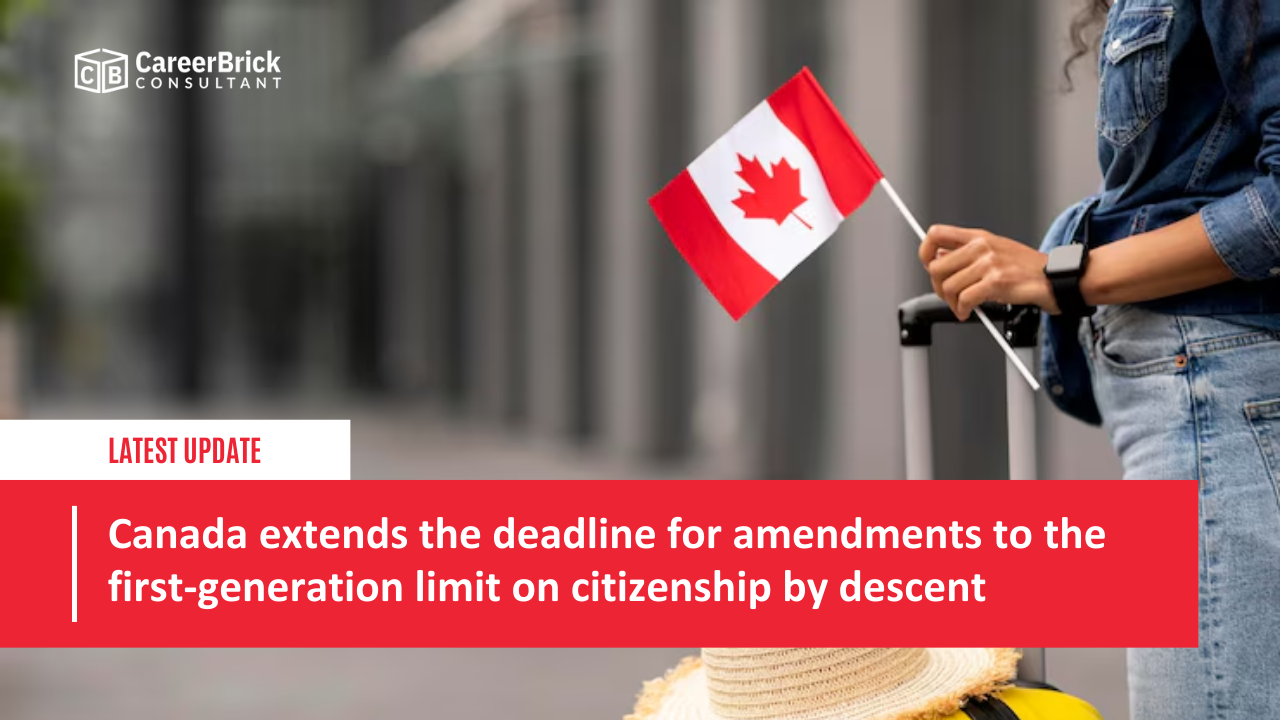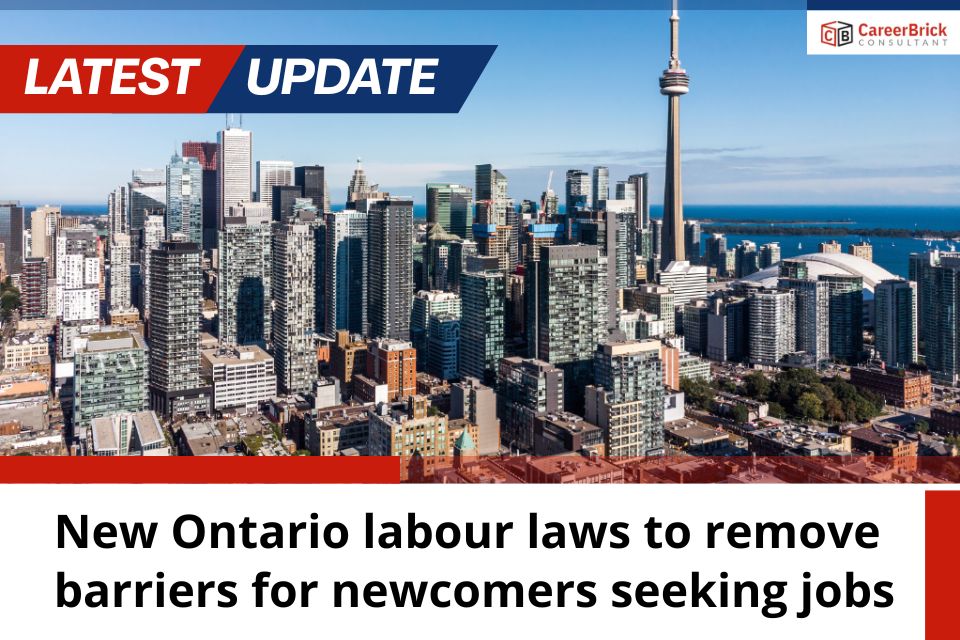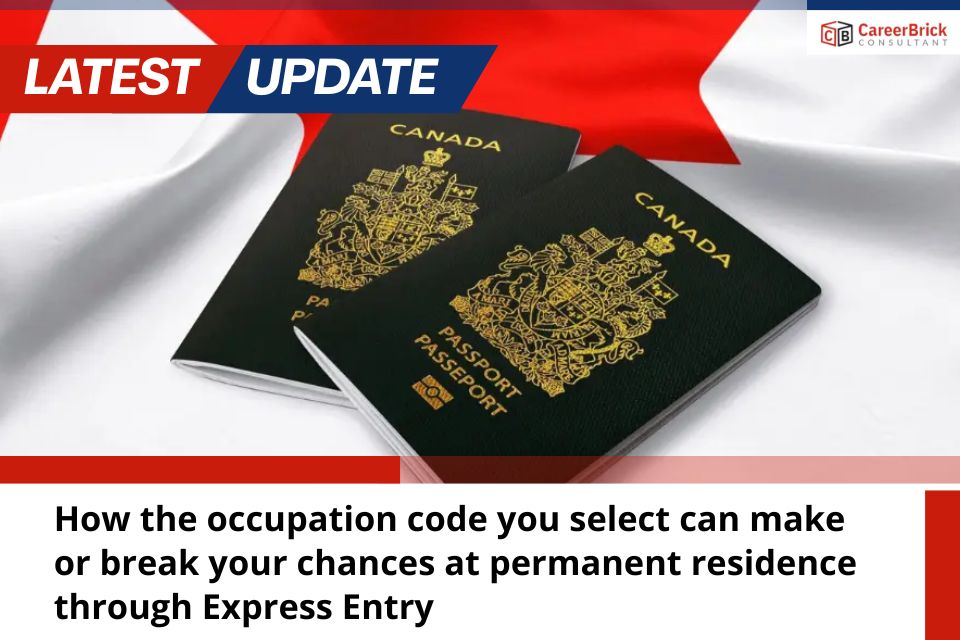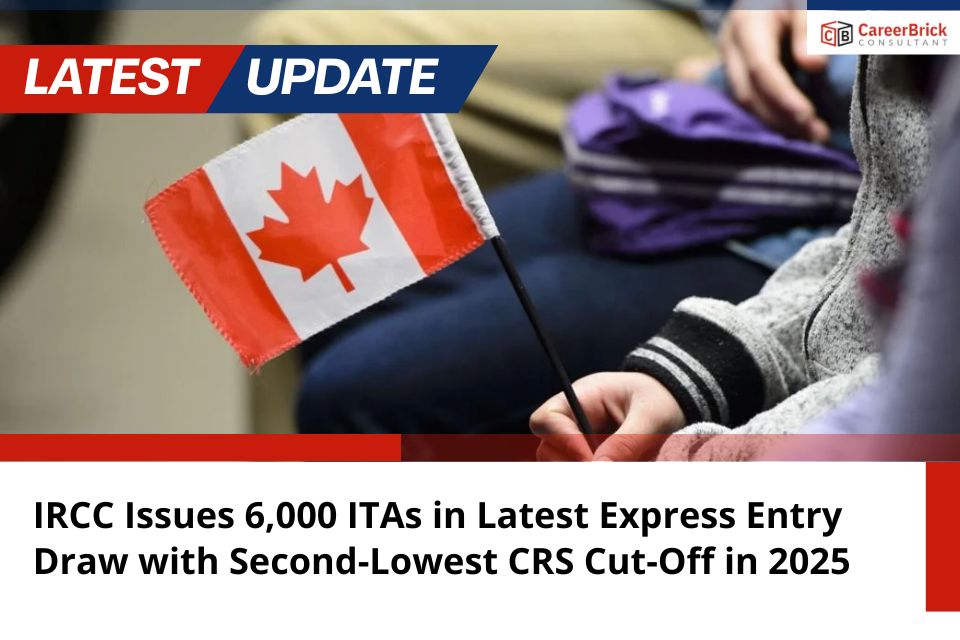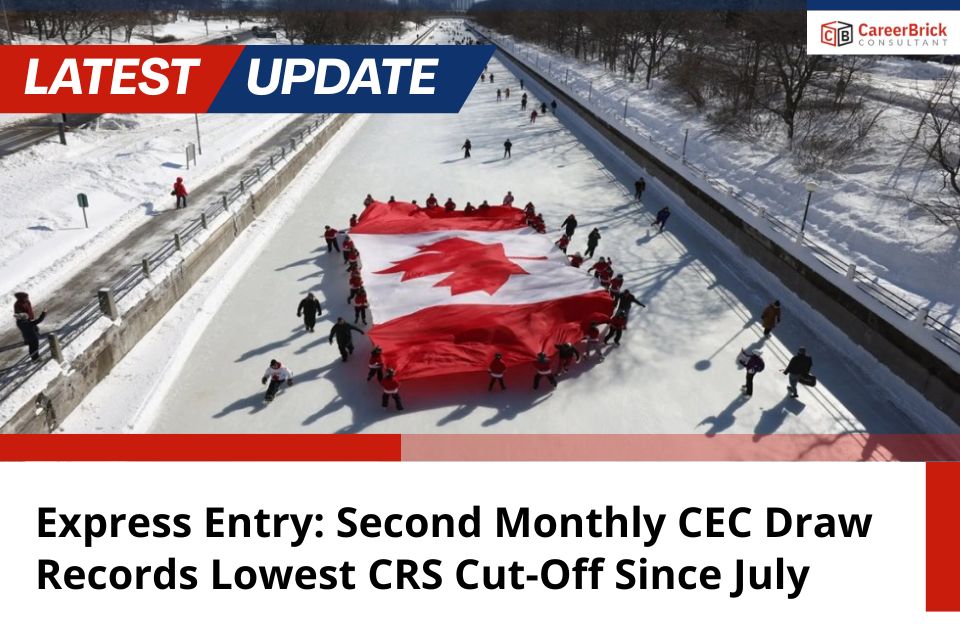On December 18, the Ontario Superior Court of Justice extended the deadline for revising Canada’s first-generation limit (FGL) by an additional three months.
The new deadline is now set for March 19, 2025. Canada’s FGL restricts Canadian citizens born abroad from passing their citizenship to children who are also born outside the country.
Previously, the Ontario Superior Court of Justice ruled that the FGL provision in the Canadian Citizenship Act was “unconstitutional,” as it establishes “a lesser class of citizenship,” and ordered the federal government to amend the rule.
This is the third extension granted for implementing the changes.
What is Bill C-71?
Earlier this year, Immigration Minister Marc Miller introduced Bill C-71, titled An Act to Amend the Citizenship Act (2024).
The primary objective of the bill is to extend citizenship by descent beyond the first generation.
If passed and granted Royal Assent, the bill will automatically grant Canadian citizenship to individuals born or adopted abroad to a Canadian parent who was also born outside Canada.
The proposed legislation includes a “substantial connection requirement.” Under this provision, Canadian parents born abroad must demonstrate at least 1,095 days (approximately three years) of physical presence in Canada before the birth or adoption of their child to pass on citizenship.
If enacted, the bill will retroactively restore citizenship status to certain “Lost Canadians” — individuals born to Canadian parents abroad who were unable to obtain citizenship due to the first-generation limit (FGL) under the current citizenship laws.
The proposed legislation will also extend to descendants of Lost Canadians and individuals born abroad to Canadian parents in the second or subsequent generations before the law takes effect.
A report released by the Parliamentary Budget Officer on December 19 estimates that this bill could result in approximately 115,000 new citizens over the next five years.
Interim Measures
IRCC has introduced interim measures to provide certain eligible individuals with a “discretionary grant of citizenship.”
These measures apply in two specific cases:
- Scenario One:
- The applicant has submitted a proof of citizenship application that falls under the FGL rule change and has requested urgent processing based on the established urgent processing criteria.
- Scenario Two:
- The applicant has a proof of citizenship application already in process, and IRCC has determined that it is affected by the FGL rule.
- The application was previously de-prioritized pending the implementation of new rules. However, the applicant has since requested urgent processing.
Previous Extensions
The proposed amendment to Canada’s first-generation limit was initially postponed until August 2024.
In August, the court granted a further extension, setting a new deadline of December 19, 2024.
According to reports, the most recent extension was granted “reluctantly,” as the court expressed dissatisfaction with the “incomplete and inaccurate evidence” provided, which failed to address the necessary legislative changes.
